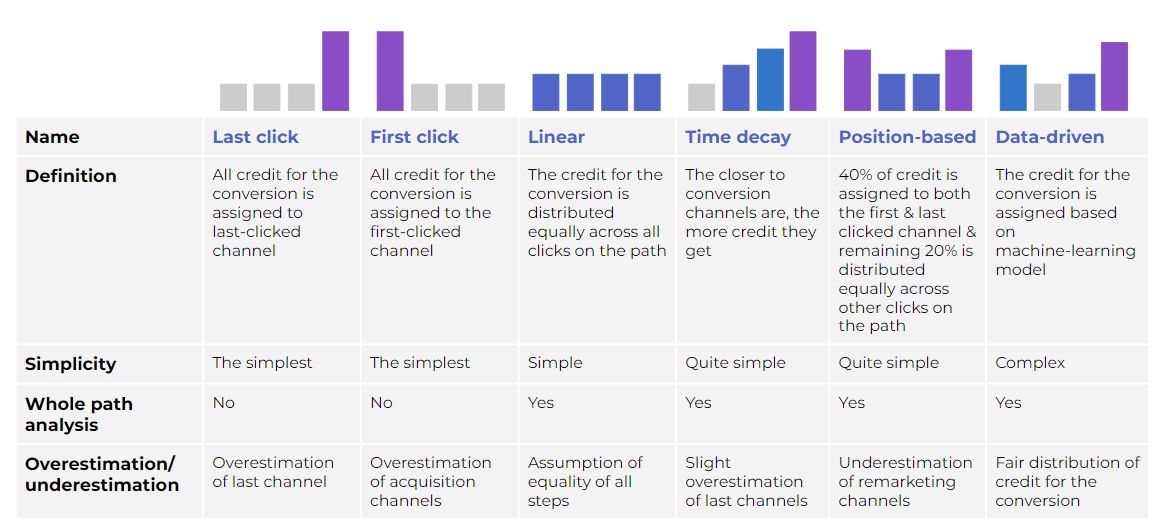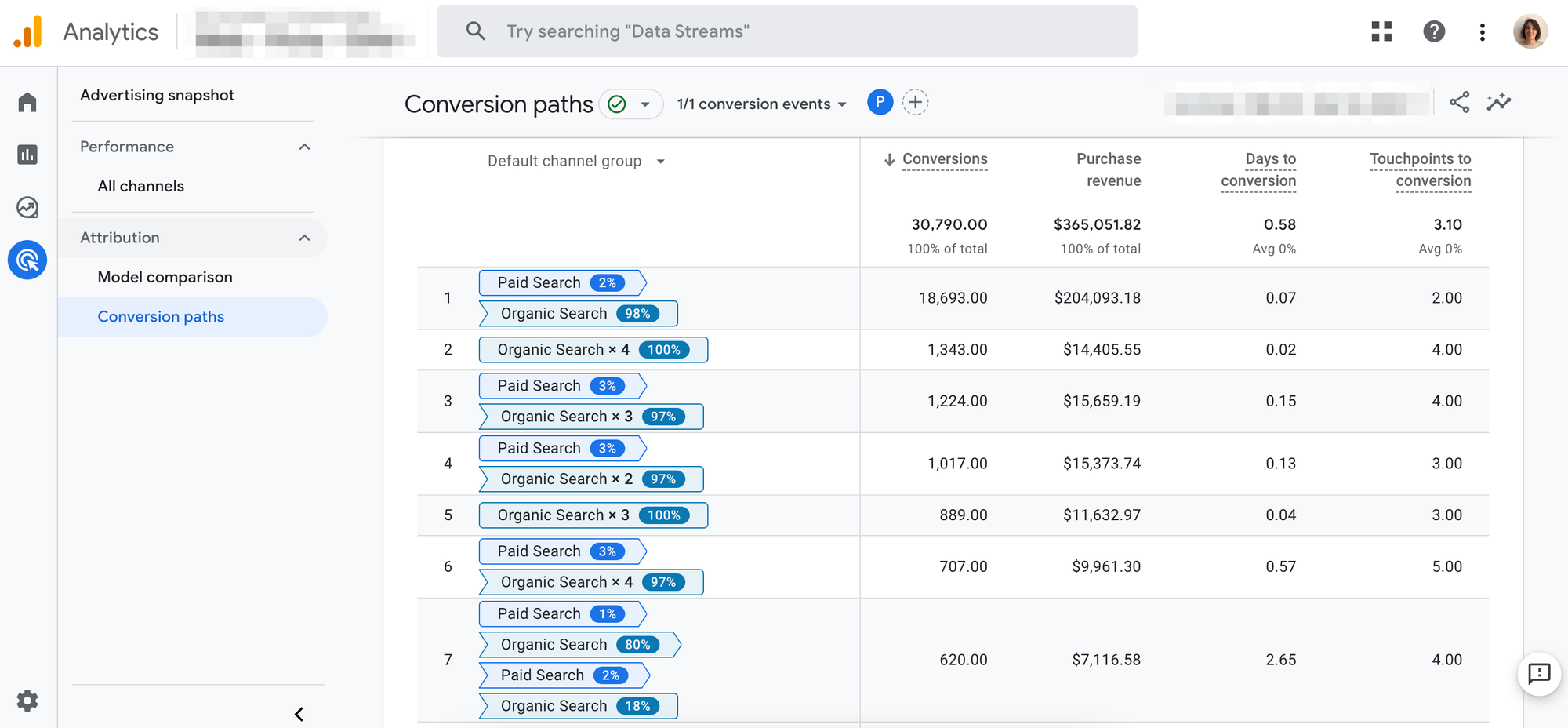SEO audits lack business analysis
Years later, SEO is still seen as complicated because of a lack of popularization of its business impact.

Let's say it up front: the vast majority of SEO audits focus on a long list of issues to be resolved and therefore recommendations to be implemented. It's exactly the same as taking your car to the repair station to make it run better.
When it comes to PPC audits, the equation is different as ROI is easiest to come with so business owners expect a certain profitability. And that's typically how PPC is directly correlated with business data while SEO is not (ndlr. in a large proportion of cases).
I asked the question on Twitter to get a better idea of that perception and the truth is: lots of people agree with it: SEO audits lack business analysis.
Would you say that SEO audits lack business analysis / perspective? & why?
— Alice Roussel (@aaliceroussel) April 15, 2023
Let's cover some ideas to add a business angle to your SEO audits. 💸
Audiences
Benefit from audience insights! You may end up finding powerful audiences (high conversion rate) and poor audiences (low engagement, low conversion rate, etc.). This kind of data will complement your keywords analysis. Which keywords are looked for by the powerful audiences? On the contrary, on which pages underperforming audiences are landing?

You will then get a 360 overview of website performances based on factual user data. It will help you add a layer in top of your keywords analysis and help you focus on the content that will (really) matter the most (in terms of business).
Split traffic: acquisition, retention, brand
SEOs tend to focus on traffic as a whole. Yet, obvious distinctions need to be done.
The first one that comes to mind is the split between brand and non-brand traffic. Unless you're working on the brand awareness, you can't take into account brand traffic in your SEO results.
The second one is maybe less obvious: returning users. You need to focus on new users acquisition. Again, you will have to choose your KPI wisely. Retention users may come back through brand (most of the time) or search keywords. Among all, this is an interesting angle while auditing a website as you will gain a valuable knowledge; a sort of state of the art about the current traffic distribution.
Months later, you will be able to explain how SEO performs in terms of retention. This is a powerful metric to bring in during meetings for instance as you will prove the value of your SEO actions on a business side that is more than interesting for a business owner: returning users through brand terms or organic search (so unpaid acquisition).
Iterations on existing traffic over content creation
Existing content
How is the current content performing in terms of conversion (purchase, sign-up, etc.)? Before going all in with a new content creation strategy, take a closer look at the type of content that really bring value to the business. There are certainly specific page types / templates that have a lower conversion rate (maybe it's tied to the audiences). Iterate in collaboration with other teams (product, design, engineering, etc.) to find how you could convert more users into customers. You will probably get results faster rather than implementing a new whole content strategy.
Conversion Rate Optimization
Stop focusing on rankings and traffic volume. In the end, all of that don't matter if the additional traffic you bring in don't convert.
Actually, behaving as a user would do should be the first step of your audit. You have to spot what is working and what is not in terms of conversion. Take a closer look at the funnel to eventually spot issues that could be optimized. UI / UX may not be your field of expertise, you still have a certain digital knowledge as well as personal opinion. Share it. Balance your intuition with the data you have access to and work in close collaboration with the product & design team to iterate on ideas. This is an easy way to generate more revenue in the short term rather than relying on long term results (as SEO generally implies).
Attribution models
While working agency side, this is something I always heard about from my PPC teammates in their audits (as well as multi-conversion funnels as we will address later on). In short, they either recommended a specific attribution model or were presenting results depending on all the attribution models to highlight paid search performances (how much paid search was contributing to the business).

Now, by default, GA4 is using data-driven as the standard attribution model. This is something you can change in your GA4 settings (and you definitely should!).
Depending on the vertical you're auditing, you will end up with different scenarios of user behavior. This is something you need to take into account while auditing a website if you want to properly report on your SEO performances.
For instance, you will want to use First click attribution for "easy purchases": purchases that are easy to make (price-based intent). On the contrary, you may want to use another attribution model for complex products / services / Saas.
Keep in mind that by focusing on attribution models, you will end up being curious about how other acquisition channels are working and performing: this is something very valuable as you can't only rely on an SEO analysis even if this is your expertise because you can't sum up your contribution to a single acquisition channel. They all interact with each other to generate revenue.
Multi-conversion funnels
Now called Conversion paths in GA4, they are super interesting to look at as you will better understand the intricacies between the different acquisition channels. More than that, you will get powerful insights about how users are behaving in terms of purchase, sign-up, etc. depending on your conversion action.

Both days to conversion and touchpoints to conversion are really interesting to dive in as they will illustrate the behavior of purchasers. This is a perfect way to incorporate business data in your audit: not as an issue or recommendation (except you spot an anormal thing about the vertical you're auditing in terms of multi-funnel conversions) but as a hint on how your strategy will help optimize the conversion funnel, convertion rate at the first touchpoint, etc. That's where CRO takes a lot of sense.
Revenue forecasting
Lots of SEOs don't like to talk about forecasting but at some point, even if SEO is not an exact science, you need to run forecast models and therefore take risks.
Earlier, we talked about attribution models and paths. This is a good starting point to forecast revenue from an SEO perspective as you can use different attribution models as different hypothesis (aggressive, conservative, etc.).

Discover an easy method to run a forecast model on Google Sheets
I'm not a fan of forecasts aimed at predicting traffic by month based on search volume as lots of search features add noise to it: text ads, shopping highlights, PAA, local pack, etc. Still, it can be interesting to integrate this kind of insights in your audit such as: is it worth it to optimize your visibility for this keyword knowing that the SERP is saturated with various search features?

Download a free Google Looker Studio template to analyze keywords complexity
Either you're working on an ecommerce or another type of website, it's easy to run a revenue forecast. For some edge cases such as media and classifieds for instance, you can think of another layer to integrate dollars in your audits. Let's say you work on a media website that uses AdSense as a source of revenue. You can easily track the average revenue by page type (eg. template) and for example, calculate how much revenue is lost because of 404 pages. Once you get the average CTR on AdSense placements and the number of users on 404 pages, you easily end up with interesting insights to share. It will even be easiest to explain why you need to get rid of 404 errors and maybe why the priority is at its highest for this recommendation.




Comments ()